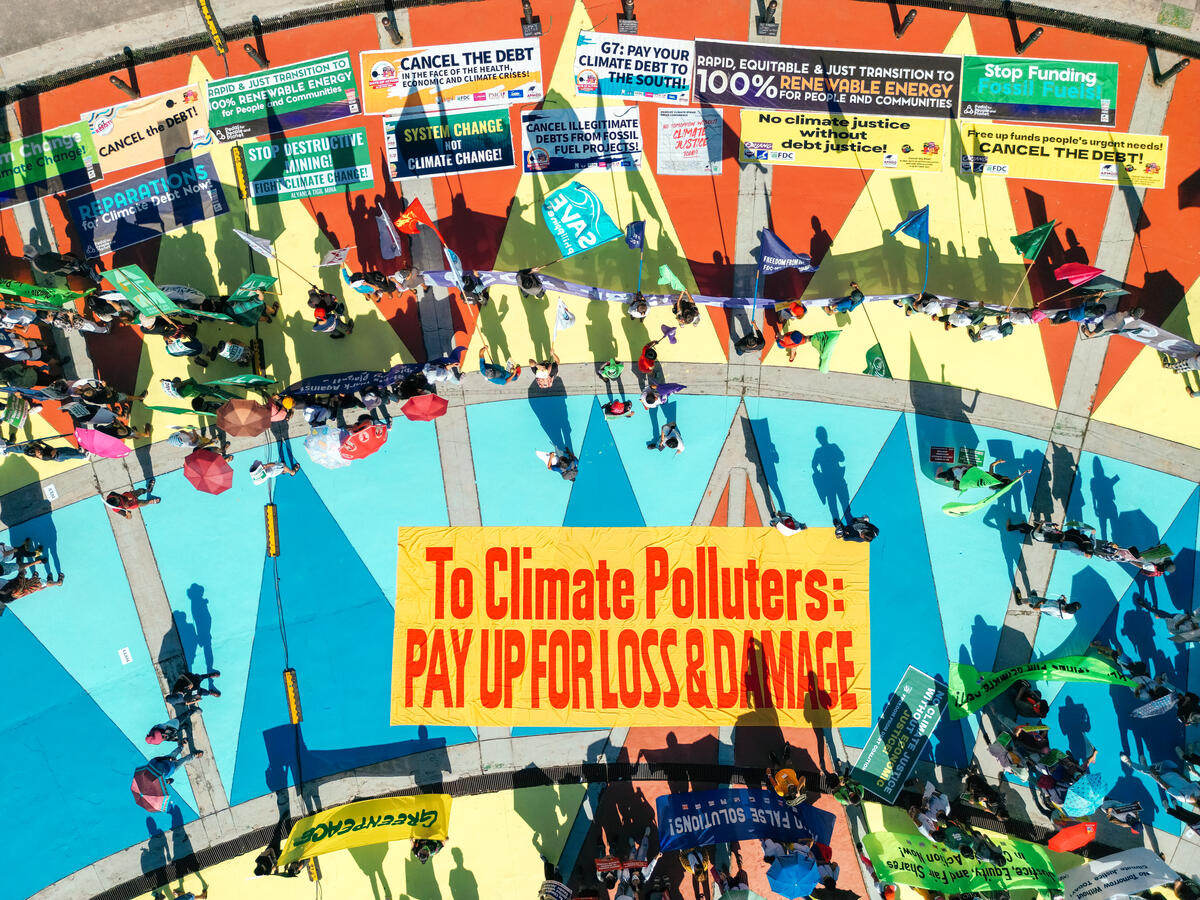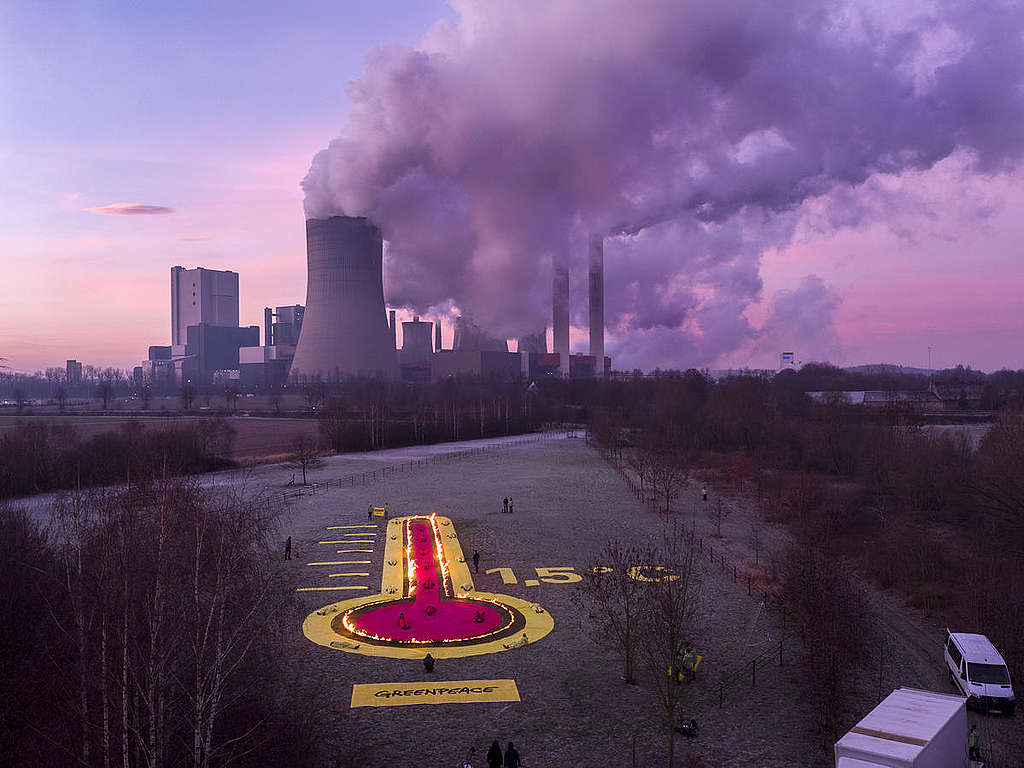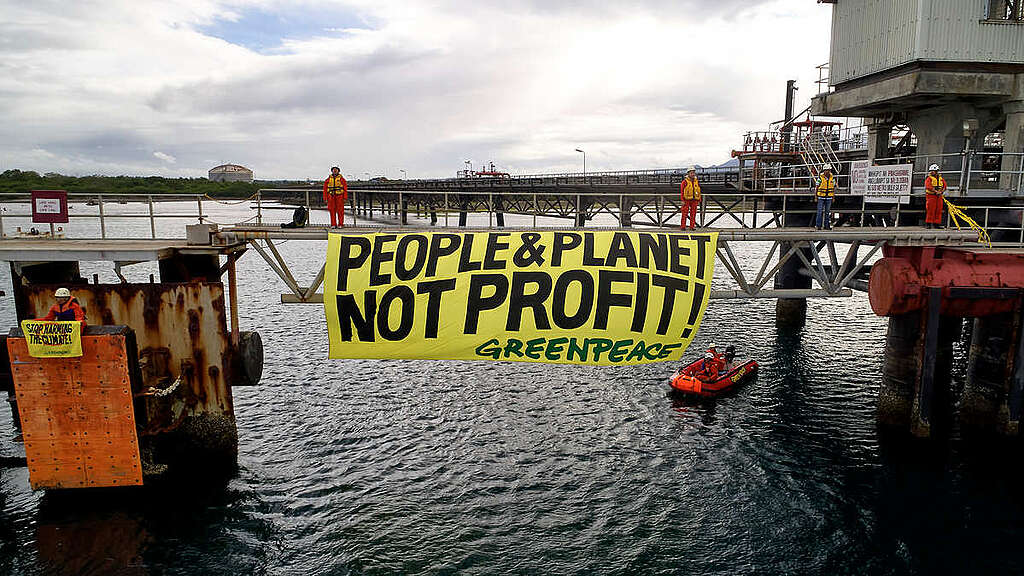The Fight Against Climate Change in Southeast Asia
A regulated climate is essential to maintaining life on Earth. And any change, no matter how small, can tip everything off balance. Climate change is a real problem with devastating impacts. The thing is, it is a man-made crisis. And it is up to us to stop it.

What causes climate change?
Excessive amounts of greenhouse gases released into our atmosphere cause climate change, a phenomenon that’s often interchanged with global warming. Called the “the “greenhouse effect,” these greenhouse gases trap heat that would have otherwise escaped into outer space. This phenomenon is the reason why our planet is able to sustain life. But excessive emissions intensify this greenhouse effect, leading to deadly consequences.
This trapping of heat causes the rise in temperatures, known as global warming. This global warming is what has altered the world’s natural weather patterns and cycles, which we have come to know as climate change.
While those in the fuel industry spread misinformation to absolve themselves of their role in excessive emissions, records show that human activity is the main driver of climate change, with the most prominent causes being:

Electricity Generation
Almost all our daily comforts, like keeping the lights on or charging our phones, rely on electricity. And in order to generate electricity, most power plants burn fossil fuels such as coal, oil, or gas, which cause a large chunk of the global greenhouse gas emissions. In fact, over 40% of energy-related carbon dioxide emissions are due to the burning of fossil fuels for electricity generation.
Transportation
When we need to travel, we use cars, whether our own or hired, or ride trains or planes. The same applies for our packages which we order online. All these modes of transport burn up fossil fuels, which contribute greatly to global emissions.
Agriculture and Livestock
Feeding our growing population can also contribute to global warming. Chemical fertilisers used in industrialised farming produce nitrous oxide emissions, which warm the planet 300 times as much as carbon dioxide, pound for pound. The cows and sheep we raise for meat and milk also produce a significant amount of methane, making them the number one producer of greenhouse gases for the global agriculture industry.· Deforestation – Cutting down our trees not only contributes to biodiversity loss, but it also allows for the release of even more greenhouse gases as forests, wetlands, and peats, which are considered carbon sinks.

The impact of climate change
Because of these factors, we are currently experiencing the worst climate crisis in history. Every year, the global heat index reaches record-breaking highs alongside the steadily rising global temperatures. If things continue the way they are, it will only get worse from here.
Some of the most palpable and concerning effects of climate change that are happening include:
Higher average temperatures
Year on year, we see higher temperatures recorded on the news. The incremental increase may not seem concerning on paper, but in reality, it has led to concerning and deadly consequences such as the cancellation of schools, power shortages, and even heat-related fatalities.
Extreme weather
With warmer temperatures heating up our oceans, stronger and deadlier storms, typhoons, and hurricanes are becoming the norm. This is happening worldwide, but is particularly prevalent in the Philippines, which is experiencing some of the world’s deadliest storms this century. Intense and longer-lasting wildfires, droughts, and heatwaves also fall under this category.
Rising sea levels
Melting ice from the Arctic and Antarctic regions is accelerating global sea level rise. This spells danger for coastal and low-lying urban areas, which can become prone to storm surges, flooding, and even sinking.
Food shortage
All the natural disasters we’ve listed greatly affect food production and distribution. Food shortages caused by climate change contribute to food inequity and insecurity, with those who are already less privileged being affected the most.
As we can see, the effects of climate change aren’t just solitary. They compound and create even deadlier consequences, which is why it is of utmost importance that we take action today.
Greenpeace vs. climate change
We know how important maintaining a balanced climate is to sustaining a healthy planet. That is why one of Greenpeace’s core missions is to limit the emissions of greenhouse gases so that we can slow down the climate crisis.
Over the years, we have taken many steps to avert the crisis. On the ground, we’ve been spearheading protests and demonstrations against corporations that are known climate offenders. We’ve rallied alongside multiple other climate change demonstrators and advocates to call out politicians to comply with local and international climate change treaties.
Apart from holding those in positions of power accountable, we are also encouraging everyone to do their part in becoming a climate advocate by taking part in numerous campaigns such as signing the Global Plastics Treaty, advocating for clean air, and lifting the stories of everyday heroes who partake in and lead the conversations around climate change through the People’s Museum of Climate Justice.
It is only by working together that we can harness transformative power and collective action to enact change for a better planet.

This is how you can personally take action for the climate
1. Cut down on your use of fossil fuels
Becoming a climate advocate need not be overwhelming. Here are ways you can contribute to the fight against climate change:
Optimise your transport options & learn to love public transport, up your fitness levels and walk or ride a bike. Where public transport options don’t exist, raise your voice to demand sustainable options to help everyone reduce individual carbon emissions.
2. Consume less meat and eat more plant-based alternatives and vegetable.
Not only will it prove healthier for your body in the long run, it will also help cut down on the demand for livestock, which contributes to large emissions of greenhouse gases.
3. Smarter energy use
Look into greener energy alternatives such as solar power, which are not only environmentally friendly but can also help you save more in the long run.
4. Help protect the forests
By doing your part in saving the forests, you not only help maintain the planet’s biodiversity, but you’re also preventing catastrophic natural disasters and excessive greenhouse gas emissions.
5. Call out corporations and your politicians
Most of the greenhouse gas emissions that are causing global warming are the responsibility of multinational corporations and governments. Let’s work together to hold them accountable and actually enact the policies that will have the biggest impact in our fight against climate change.
6. Volunteer for Greenpeace or support us monetarily
Keep learning about




Explore other topics





